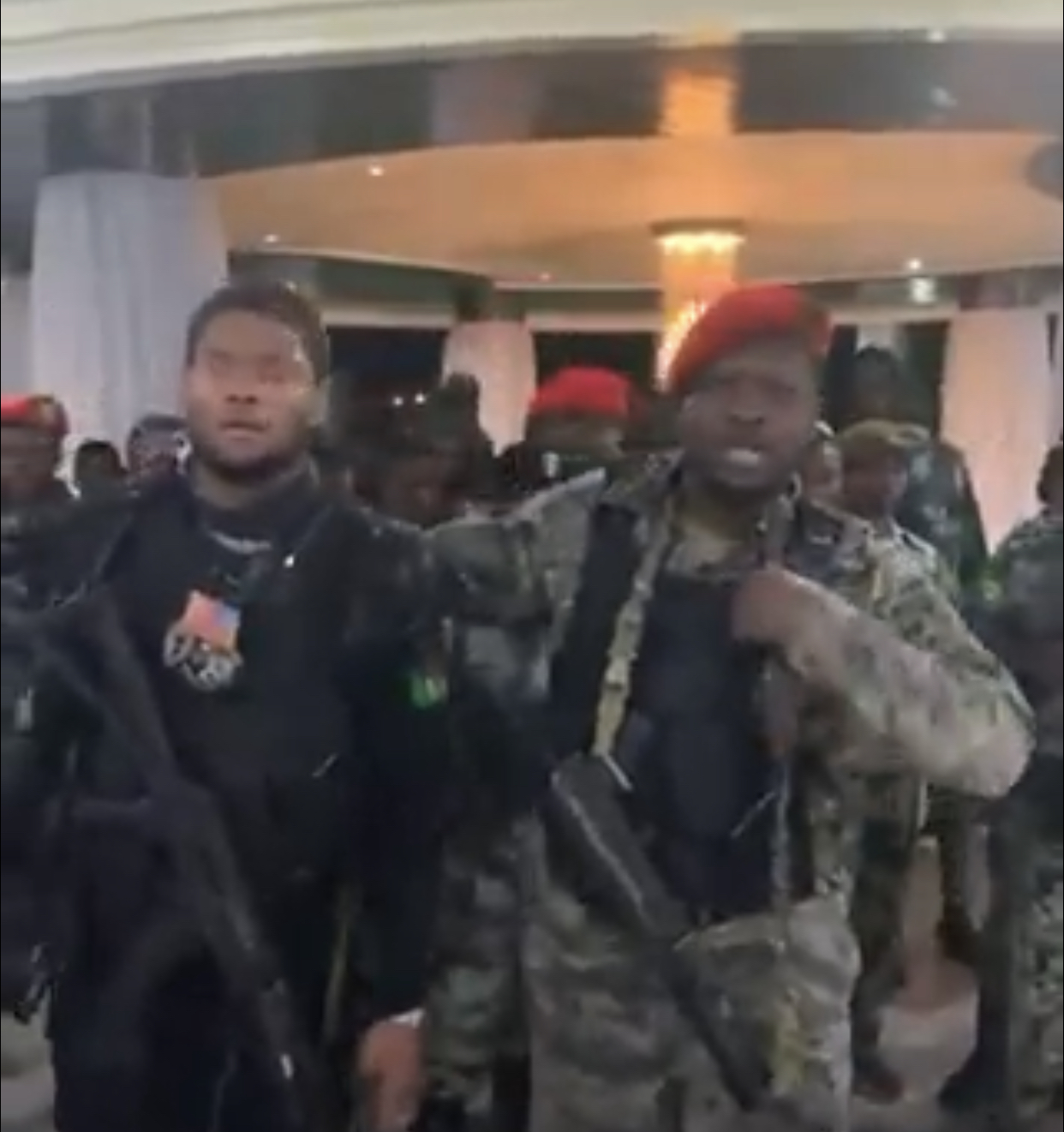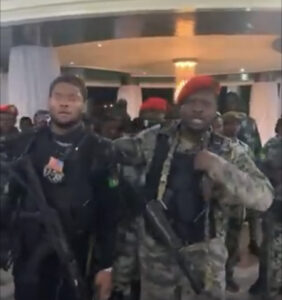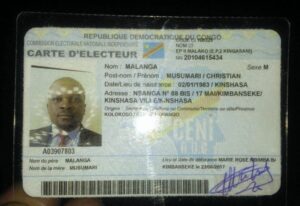News
Congolese Military Foils Attempted Coup
The attack resulted in the deaths of two guards and an assailant. The DRC army spokesperson, Brigadier General Sylvain Ekenge, announced on state-run broadcaster RTNC TV that several suspects have been detained and the “situation is now under control.”

In a developing story, the Democratic Republic of the Congo (DRC) army successfully thwarted an attempted coup against President Felix Tshisekedi on Sunday morning.
The coup attempt, which was reportedly initiated by a group of about 20 assailants in army uniform, targeted the residence of Vital Kamerhe, a federal legislator and a candidate for speaker of the National Assembly of Congo. Kamerhe is a close ally to President Tshisekedi.
The armed men involved in the attack on Kamerhe’s house were identified as members of the New Zaire Movement, linked to formerly exiled politician Christian Malanga. This group, along with the foreign fighters, has been a cause of concern for the government and the security forces.
The attack resulted in the deaths of two guards and an assailant. The DRC army spokesperson, Brigadier General Sylvain Ekenge, announced on state-run broadcaster RTNC TV that several suspects have been detained and the “situation is now under control.”
This incident comes at a time of significant political instability and contested elections in the DRC. President Tshisekedi was reelected in December in a chaotic vote, with the opposition calling for a revote over what they saw as a lack of transparency.
Who is Christian Malanga
Malanga, the 41-year-old is not new to coups, his name first came up in an alleged assassination attempt targeting former president Joseph Kabila.
Kabila’s former head of military intel, according to Dino Mahtani, a researcher formerly with Crisis Group, General Delphin Kahimbi (now dead) had confided in him while working as a UN political officer in Kinshasa in January 2018 that he was tracking Malamba who he described as a former US military officer of Congolese origin, a native of Kwilu province.
According to the research, Kahimbi said that he had arrested Congolese conspirators in Kinshasa who were working for Malanga back in 2018. He said that Malanga had been in Kinshasa during this period, moving around in a UN decommissioned vehicle, but he escaped interdiction.
Kahimbi alleged that Malamba had arrived in Kinshasa by securing a place on a UN aircraft from Entebbe which then flew to Kinshasa. He then said that a former Congolese governor had paid Malamba $750,000 to kill Kabila.
Kahimbi also said that Malamba had been working alongside a former rebel called John Tshibangu, before he launched a failed rebellion in late 2017. Tshibangu had been arrested in Tanzania in January 2018, Kahimbi was the architect of his arrest.
During the 1998 – 2003 war in Congo Tshibangu was part of rebellions backed by Congo’s eastern neighbours. He then joined Kabila’s army before defecting in 2010. He then kept close to M23 rebels. After Kabila left, Tshisekedi released Tshibangu and made him an army commander.
Rumours have started circulating in recent weeks that Tshibangu was once again considering defecting, but there is no real evidence of this. Tshibangu is actually from Kasai, the same region as President Tshisekedi, but he has a strong political network in the rebel torn east.
The putschists appeared to be burnishing the flag of Zaire, which Kabila’s dad renamed DRCongo. Worth noting that Kahimbi had told me in 2018 that Malanga and Tshibangu were associating with former members of Mobutu’s army from the Equateur region who wanted to oust Kabila.
Under the surface there must be a whole load of stuff going on. At the time Kahimbi fingered Malanga in 2018, I was skeptical. It does seem Malanga is implicated today, but it is really not clear at all who is really behind this alleged coup.
Kenya Insights allows guest blogging, if you want to be published on Kenya’s most authoritative and accurate blog, have an expose, news TIPS, story angles, human interest stories, drop us an email on [email protected] or via Telegram
-

 Grapevine6 days ago
Grapevine6 days agoAlleged Male Lover Claims His Life Is in Danger, Leaks Screenshots and Private Videos Linking SportPesa CEO Ronald Karauri
-

 Lifestyle1 week ago
Lifestyle1 week agoThe General’s Fall: From Barracks To Bankruptcy As Illness Ravages Karangi’s Memory And Empire
-

 Grapevine2 days ago
Grapevine2 days agoRussian Man’s Secret Sex Recordings Ignite Fury as Questions Mount Over Consent and Easy Pick-Ups in Nairobi
-

 Investigations2 weeks ago
Investigations2 weeks agoEpstein Files: Sultan bin Sulayem Bragged on His Closeness to President Uhuru Then His Firm DP World Controversially Won Port Construction in Kenya, Tanzania
-

 News2 weeks ago
News2 weeks agoAUDIT EXPOSES INEQUALITY IN STAREHE SCHOOLS: PARENTS BLED DRY AS FEES HIT Sh300,000 AGAINST Sh67,244 CAP
-

 Business2 weeks ago
Business2 weeks agoKRA Can Now Tax Unexplained Bank Deposits
-

 Investigations1 week ago
Investigations1 week agoEpstein’s Girlfriend Ghislaine Maxwell Frequently Visited Kenya As Files Reveal Local Secret Links With The Underage Sex Trafficking Ring
-

 News1 week ago
News1 week agoState Agency Exposes Five Top Names Linked To Poor Building Approvals In Nairobi, Recommends Dismissal After City Hall Probe

















